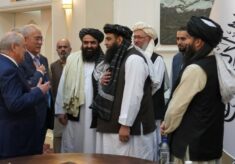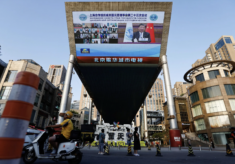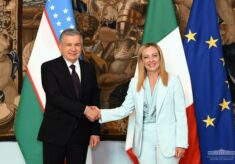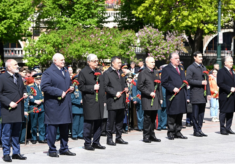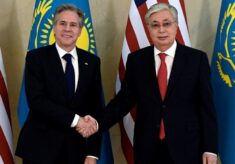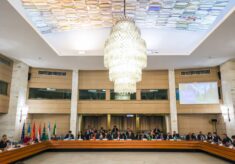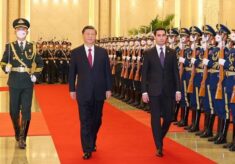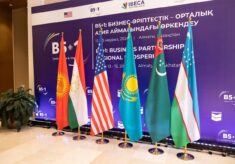
The uneasy integration’s process in the Eurasian Economic Union
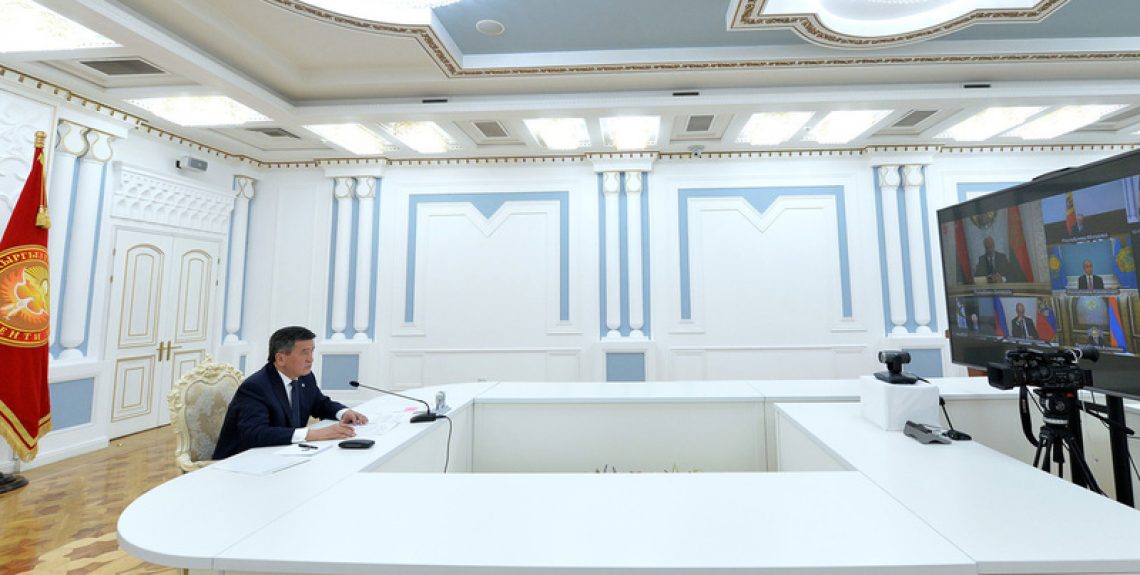
Share on

Fabio Indeo
PhD in Geopolitics. He is non-resident researcher at the Center for Energy Governance and Security (EGS South Korea) and analyst at the Observatory for Central Asia and Caspian. He is research fellow at the University of Siena.
Archive

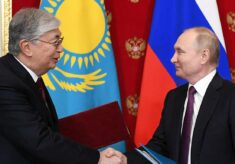
The Central Asia-Russia gas union in the making
8 March 2024
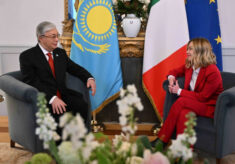
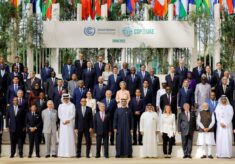
Central Asia and COP28: a complex green energy transition
15 December 2023
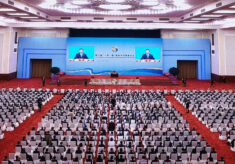
The BRI and the rising importance of the Middle Corridor
16 November 2023
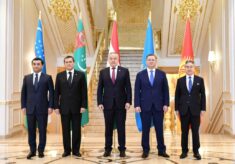
Regional trade and connectivity boost Central Asian states
3 October 2023
